The only blue moon of 2023 appears later this month, so it’s high time we dusted off our latest rendition of the world’s best-loved anthem to this particular astronomical event.
“Blue Moon” came into being around 1934 after famed composers Richard Rodgers and Lorenz Hart were brought from New York to Hollywood by Metro-Goldwyn-Mayer and commissioned to produce songs for a film called Hollywood Party, which was to star many of the studio's top artists.
“One of our ideas,” Rodgers later recalled, “was to include a scene in which Jean Harlow is shown as an innocent young girl saying — or rather singing — her prayers.”
But the Hollywood experience was a disaster for Rodgers and Hart, who hated the movie biz. And Hollywood didn’t especially love them back, so the song was not recorded at that time. (And the movie was released, in fact, without Harlow.)
Two years later, completely frustrated with film work, Rodgers and Hart were back in New York doing the work they were meant to do: Making magic on Broadway.
But Who Wrote that Song?
“Blue Moon” — the most famous song to arise during the songwriting team’s dreadful Hollywood years — has lately taken a controversial turn: A few years ago an award-winning documentary filmmaker publicly claimed that Rodgers and Hart didn’t even write the song.
On the contrary, said Liz Roman Gallese, “Blue Moon” actually was composed in Troy, NY, on the east bank of the Hudson River by a 17-year-old son of Polish immigrants.
“I know,” Gallese said in a New York Times article, “because I am his daughter, and because I have always known this story. It’s been a part of my family for all of my growing-up years, the source of whispers about ‘that Blue Moon thing’ among the adults.”
Gallese says her father, Edward W. Roman, wrote the song in 1931 and later sold it for $900 in order to buy a car, or maybe he had “settled” with the rich and famous Rodgers and Hart for that amount. (If you’d like to read more about Gallese’s curious contentions — it’s quite a story! — click here to reach her website.)
Monster Hit
Well, whoever wrote it, “Blue Moon” has had a remarkable run in popular culture, with many revivals over the decades.
In 1949 alone, for instance, it was a hit for two separate performers, singer Mel Tormé and band leader Billy Eckstine.
Five years later, "Blue Moon” was the first crossover in rock ’n’ roll, when a young Elvis Presley released his recording, produced by Sam Phillips. It was to be included on Presley’s debut album for RCA.
Over the years, "Blue Moon" has been covered by a great many artists, from Frank Sinatra and Ella Fitzgerald to Sam Cooke and The Supremes, from Bobby Vinton and Cyndi Lauper to Bob Dylan and The Cowboy Junkies.
Doo-wop Dave
Baby boomers, of course, remember the doo-wop version in 1961 by The Marcels, with its famous introduction to the song ("bomp-baba-bomp" and "dip-da-dip-da-dip”).
Incidentally, in Flood lore, we still remember how the late David Peyton surprised and tickled his band mates with his impromptu channeling of that old Marcels vibe during our 2006 appearance on Joe Dobbs’ “Music from the Mountains” radio show. Click the button below to hear that moment:
Our Take on the Tune
Like many 1930s-’40s tunes in our repertoire, “Blue Moon” started out as an instrumental showcase for Joe’s fiddling. But as soon as we fell under the spell of the marvellous Miss Michelle, “Blue Moon” was her song and we were just along for the ride.
When Michelle moved away a few years ago to begin a new chapter with her new husband Rich Hoge, we thought “Blue Moon” might have gone with her.
However, lately we’ve found the tune sits very well as a featured vocal by our bassist Randy Hamilton, with Charlie Bowen supporting with harmony and Danny Cox finding all kinds of interesting opportunities for guitar goodies in those cool old chords. Here’s a take from a recent rehearsal at the Bowen house.




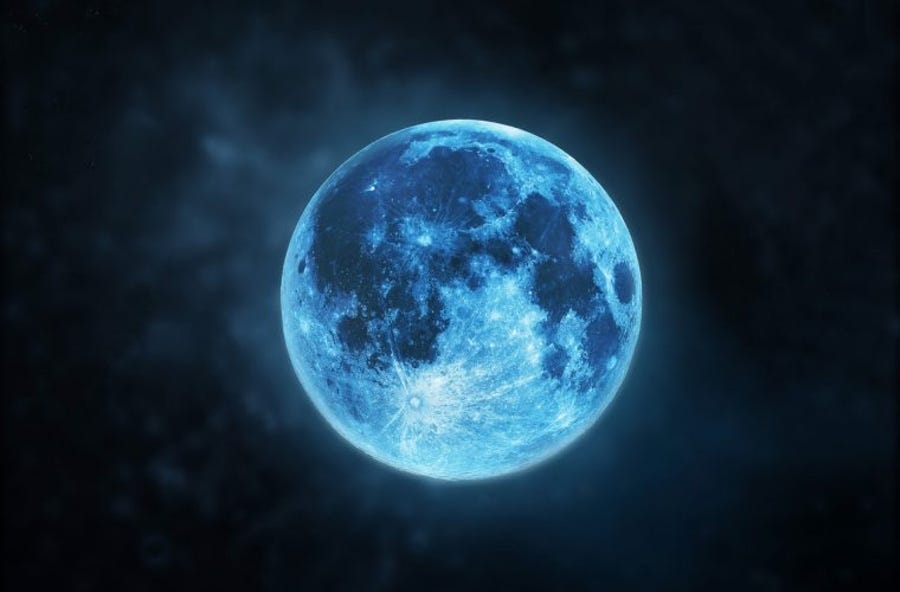

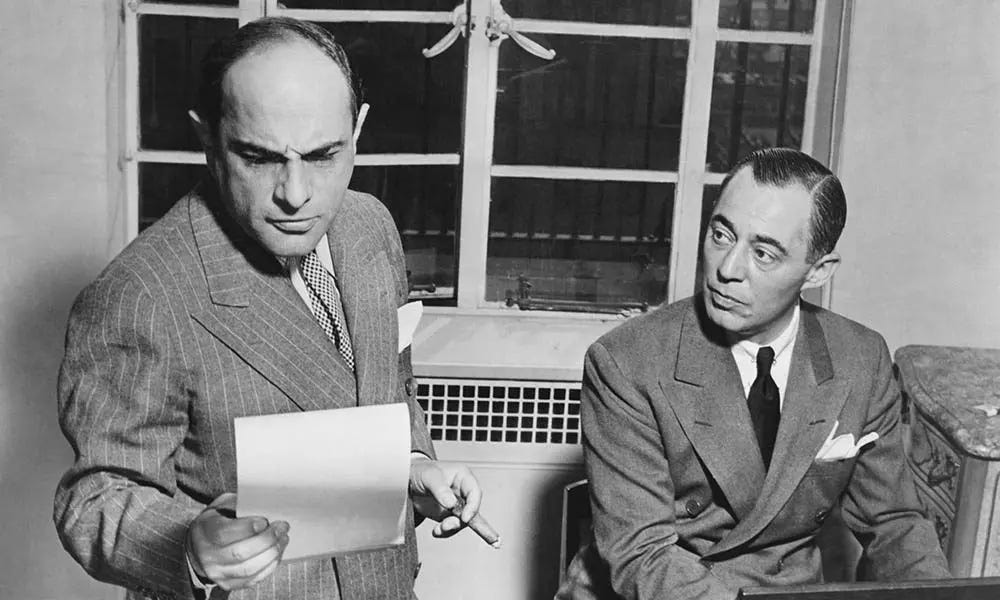

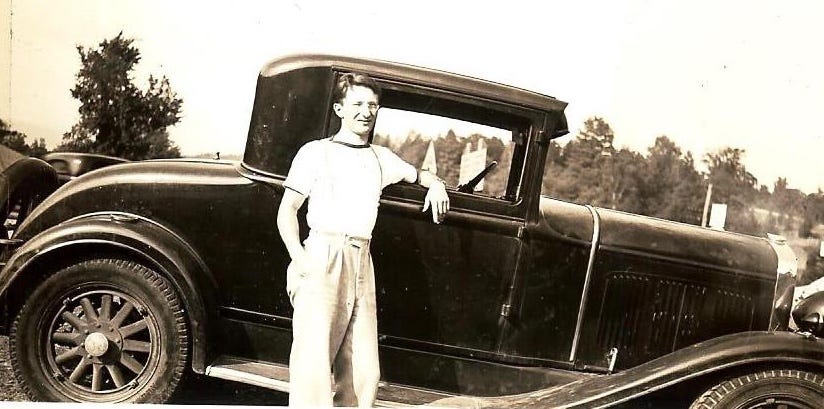



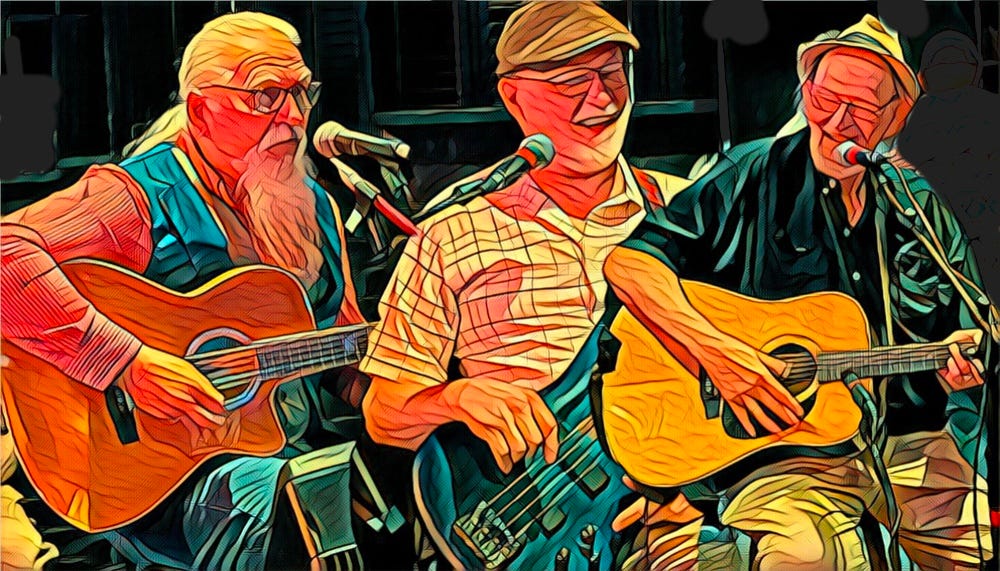





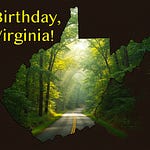
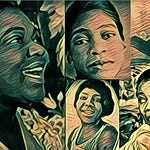
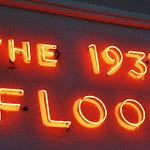
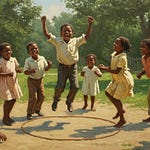
Share this post